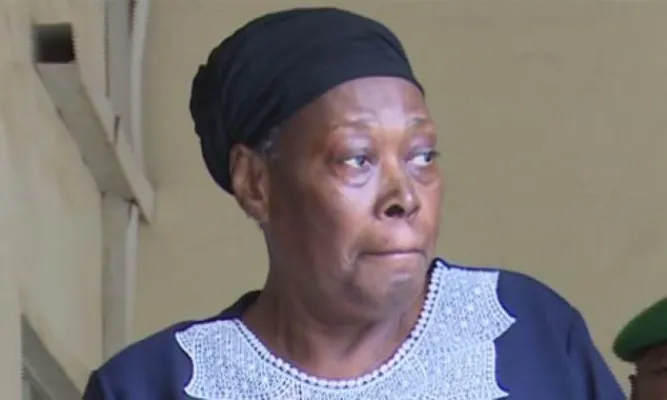Nigeria News
P&ID scandal: 10 things to know about Grace Taiga

-
Key Role in P&ID Scandal: Grace Taiga was a former Nigerian official who played a central role in the massive corruption scandal involving the company Process and Industrial Developments (P&ID).
-
Director of Legal Services: Taiga served as the Director of Legal Services at the Nigerian Ministry of Petroleum Resources from 2004 to 2010.
-
Gas Supply and Processing Agreement (GSPA): During her tenure, she was instrumental in negotiating the Gas Supply and Processing Agreement (GSPA) between P&ID and the Nigerian government in 2010.
-
Exclusive Rights: The GSPA granted P&ID exclusive rights to construct and operate a gas processing plant in Nigeria.
-
International Arbitration Claim: In 2012, P&ID filed an international arbitration claim against Nigeria, alleging that the government breached the GSPA by failing to provide necessary infrastructure. The arbitration tribunal awarded P&ID $9.6 billion in damages, later increased to $11.4 billion with interest.
-
London Court Ruling: In 2022, a London court set aside the damages award, ruling it had been obtained by fraud. It was revealed that P&ID had bribed Nigerian officials, including Taiga, to secure the GSPA and win the arbitration case.
-
Arrest and Charges: Taiga was arrested by the Economic and Financial Crimes Commission (EFCC) in 2019 and faced charges of money laundering and fraud. She was on trial at the time of her death.
-
Key Witness: As one of the few individuals with firsthand knowledge of the GSPA negotiations and arbitration proceedings, Taiga’s death complicates efforts to hold those involved in the scandal accountable.
-
Impact on Prosecution: Taiga’s death makes it more challenging to prosecute those implicated in the bribery scheme, as she was a crucial witness in the EFCC’s case against several Nigerian officials.
-
Renewed Focus on Corruption: The implications of her death may lead to renewed attention on corruption within the Nigerian oil and gas industry, prompting the government to address the root causes of corruption in the sector.



















